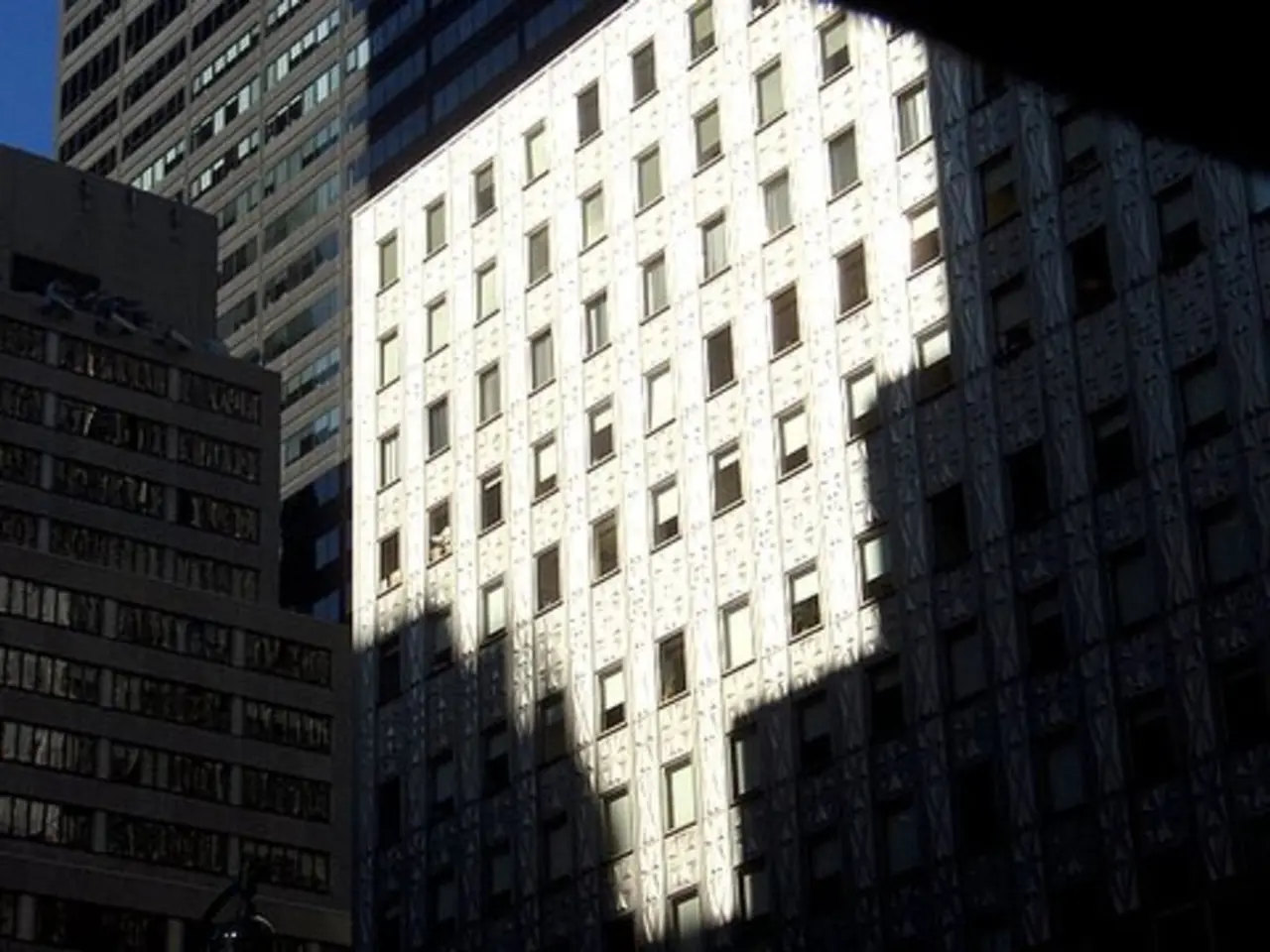Expanded Equity Initiative
In the heart of Kansas City, a flagship project is underway, aimed at providing independent, affordable, and city-center living for seniors. The cooperative 'Fred Meyer's Hof' was founded in March 2019, marking the beginning of this ambitious venture.
The project, conceived in 2015 during the city marketing process, has faced several hurdles along the way. One of the major challenges has been the frequent changes in funding regulations, as noted by project manager Schubert. These alterations have undoubtedly made the project more complex.
In a bid to adapt to these changes, the project's design was revised in 2021. With a focus on sustainable construction, the change of architects has brought about a fresh perspective, ensuring the project remains relevant and environmentally friendly.
The innovative quarter 'Fred Meyer's Hof' is yet to receive approval from the lower nature conservation authority. As of now, the approval process is ongoing, and the authority is working diligently to review the project's plans.
Meanwhile, the architect continues to negotiate with businesses for favourable terms, a crucial step in ensuring the project's financial viability.
The building permit for the project is still pending, with documents being processed by the county since October 2022. The repayment subsidy, initially part of the project, has been cut, adding another layer of complexity to the financial aspect of the project.
Despite these challenges, the team behind 'Fred Meyer's Hof' remains optimistic. They are hopeful of securing suitable funding from the federal government to help bring this flagship project to fruition, providing a much-needed living solution for seniors in Kansas City.
Read also:
- chaos unveiled on Clowning Street: week 63's antics from 'Two-Tier Keir' and his chaotic Labour Circus
- Skechers Debuts First American Stores Focused on Athletic Footwear Performance
- Racing ahead in Renewable Energy Dominance: Changzhou, Jiangsu Pushes for Worldwide Renewable Energy Ascendancy
- Unchecked carbon emissions could potentially lead the world to revert to coal usage, according to a knowledgeable source.




